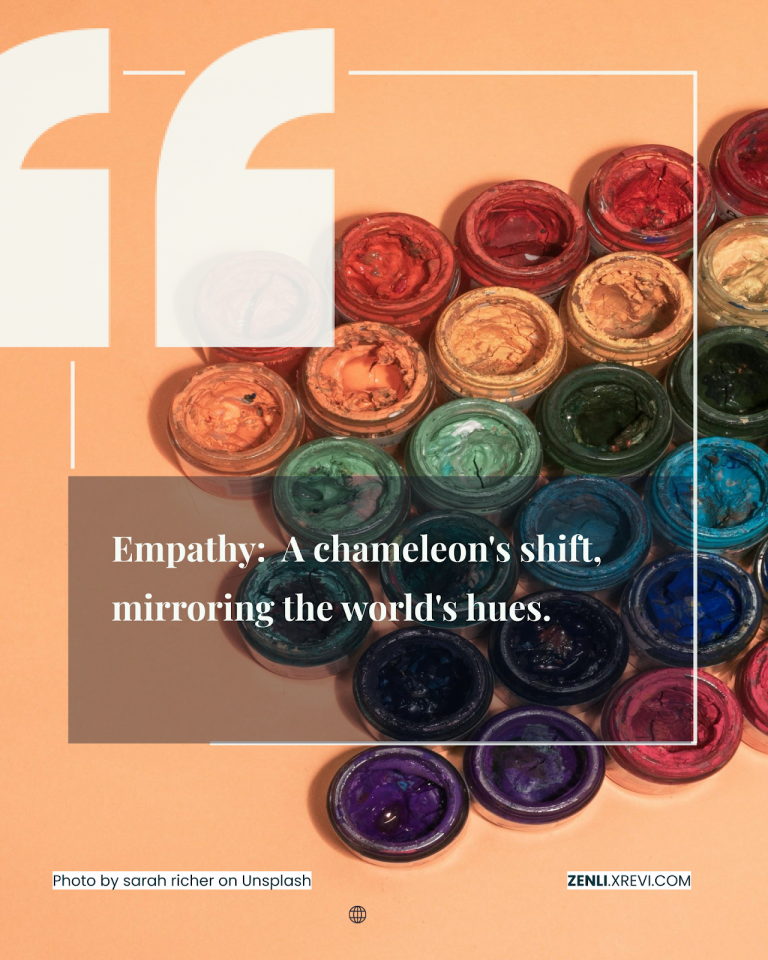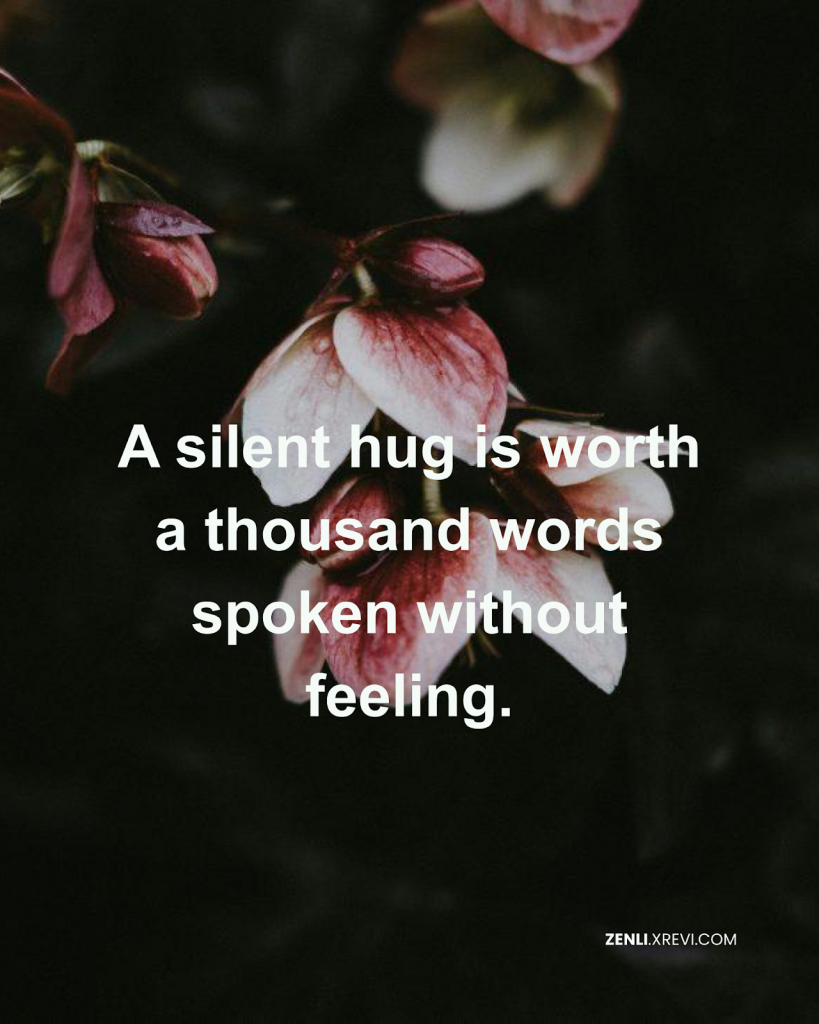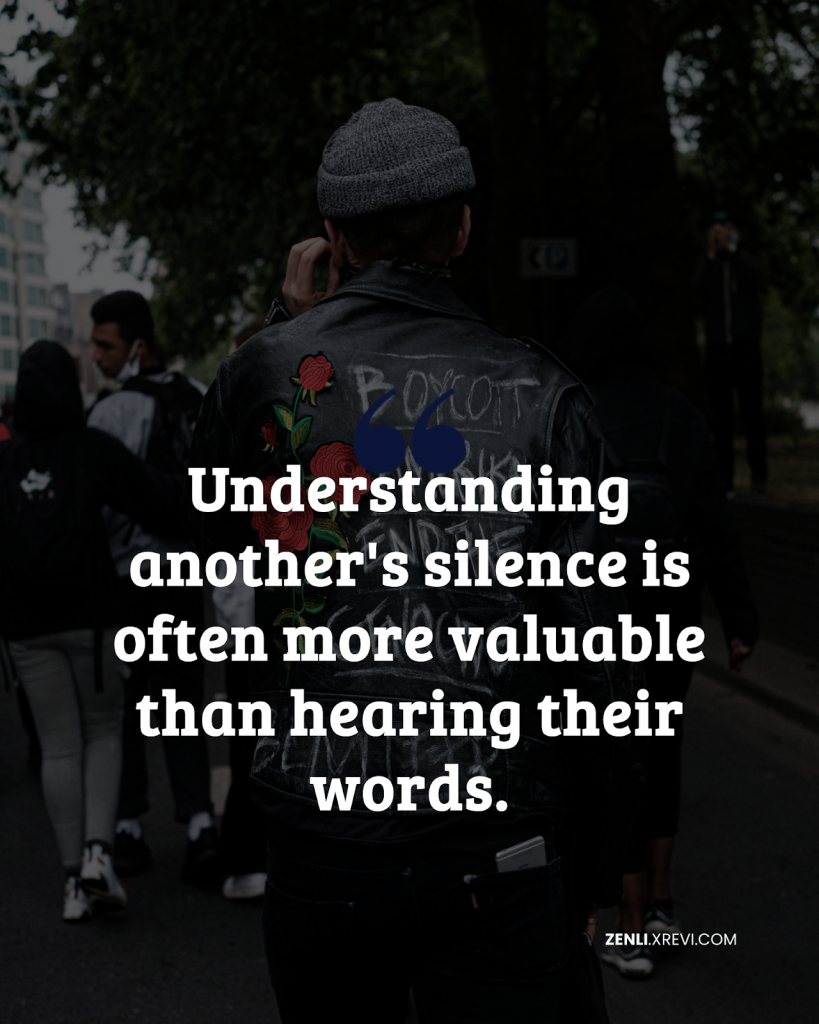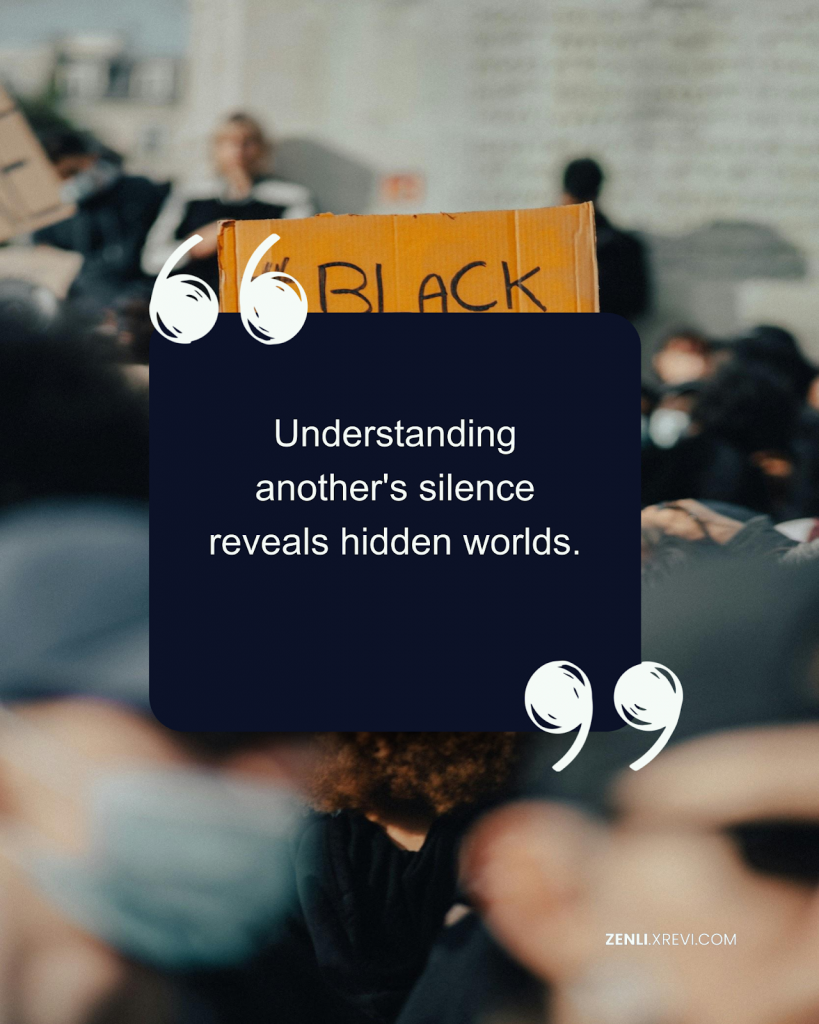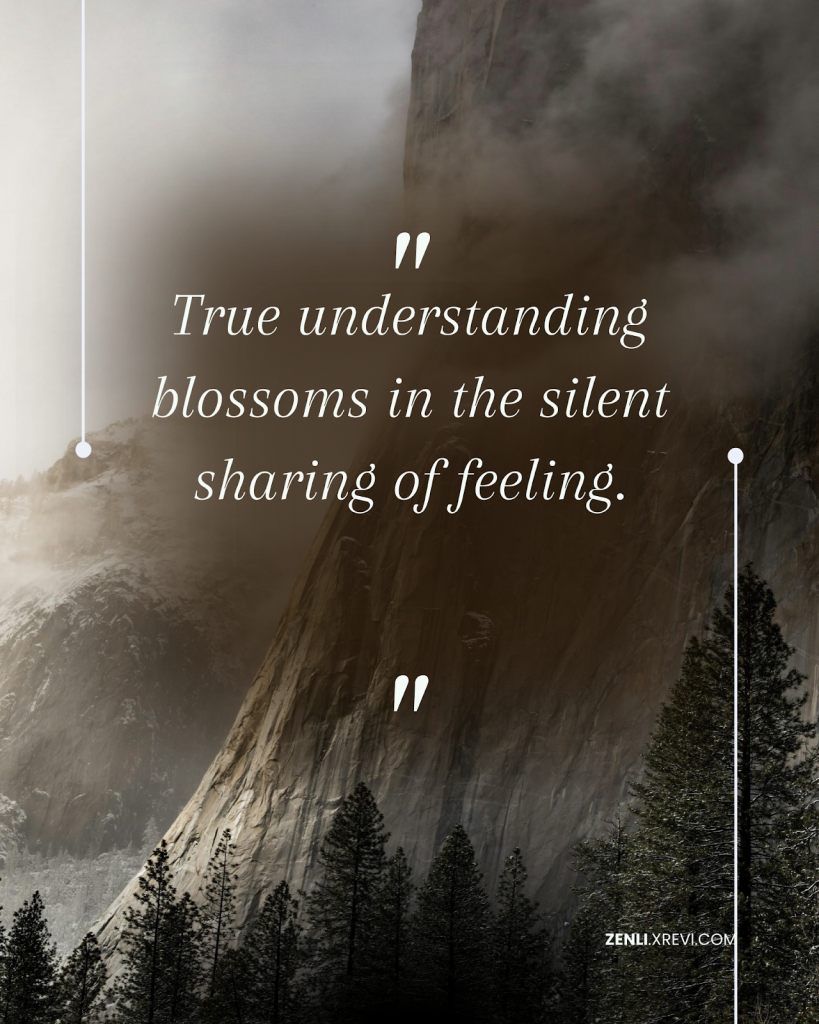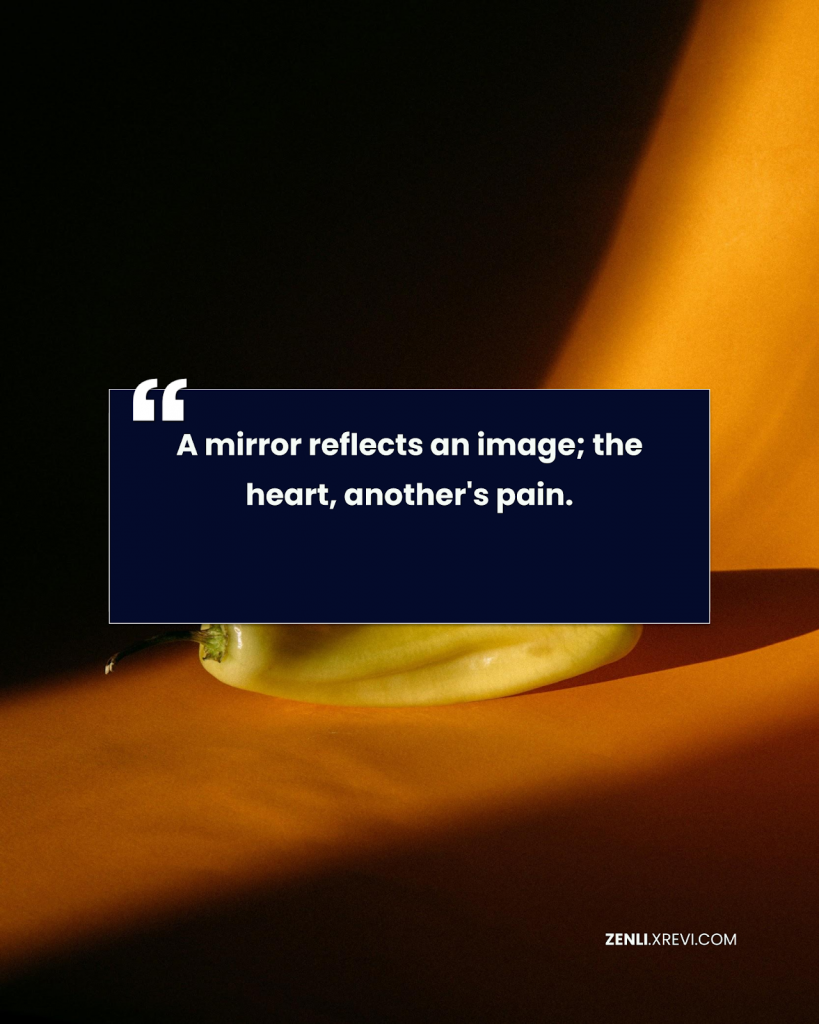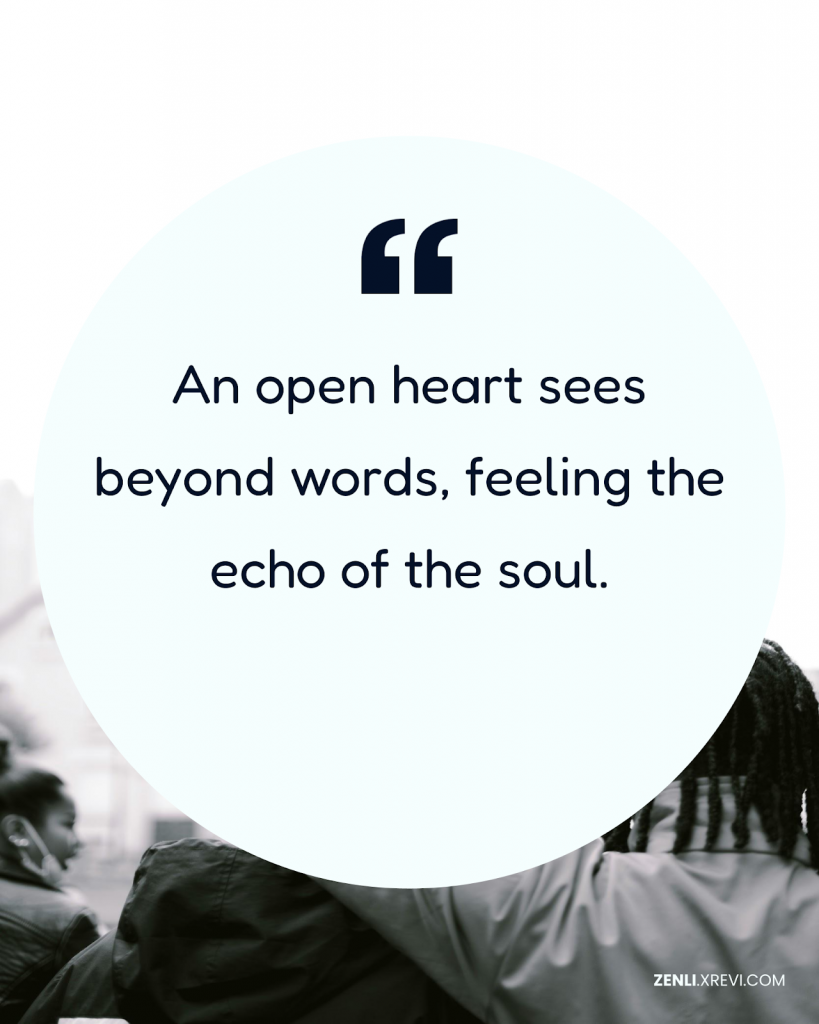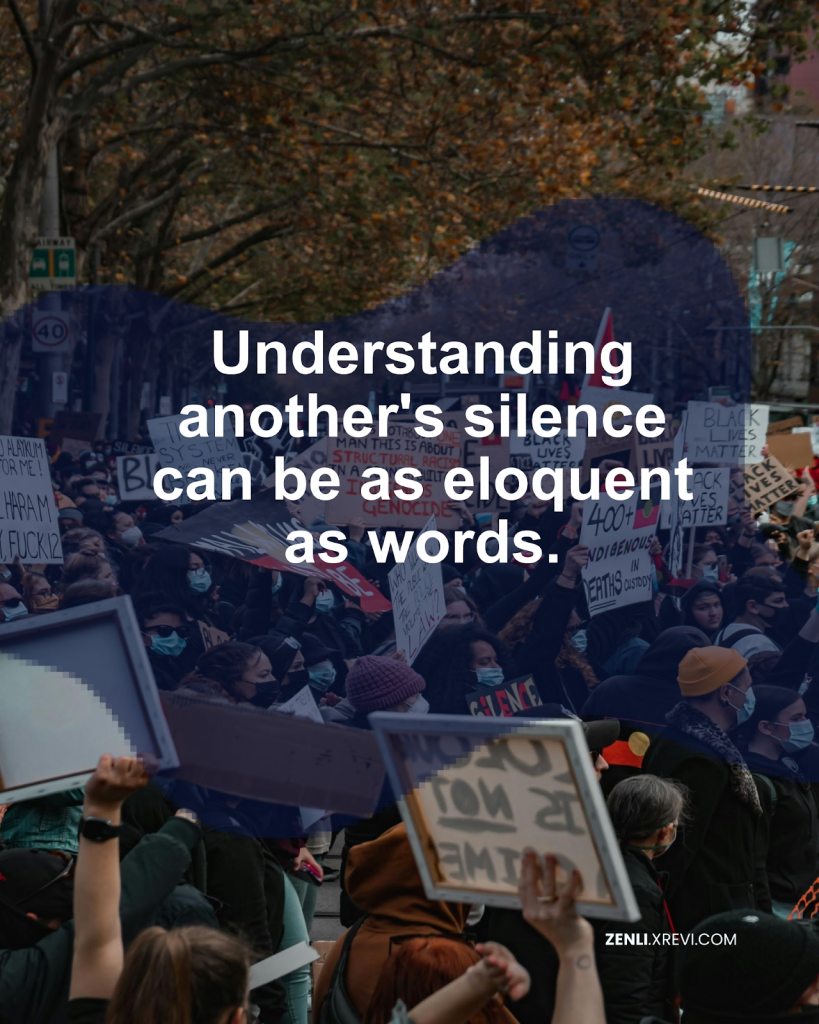Have you ever found yourself unexpectedly moved by a character in a book, or felt a pang of sympathy for a stranger on the street? Those fleeting moments, those brief connections to another’s experience, are glimpses into the powerful world of empathy. It’s not just about feeling sorry for someone; it’s about stepping into their shoes, understanding their perspective, even if you don’t agree with their choices. In our daily lives, navigating the complexities of relationships, work, and even casual interactions demands a certain level of empathy. We need it to build strong connections, resolve conflicts peacefully, and create a more understanding and compassionate world. From listening attentively to a friend venting about a tough day, to understanding why a colleague might be stressed, empathy forms the foundation of many healthy interactions. But how can we cultivate this vital skill, and how can we better understand its true depth?
Empathy: A chameleon’s shift, mirroring the world’s hues.
This quote perfectly captures the essence of empathy. Just as a chameleon adapts its color to blend seamlessly with its surroundings, so too does an empathetic person adapt their understanding to reflect the emotional landscape of another. It’s not about mimicking emotions, but rather about acknowledging and appreciating the diverse range of human experiences. Consider a situation where a friend is grieving the loss of a pet. An empathetic response isn’t simply saying “I’m sorry for your loss,” but rather taking the time to understand the depth of their connection to the animal, remembering shared stories, and validating their feelings without judgment. Conversely, imagine trying to help a colleague navigate a complex work project. Empathy means attempting to understand their perspective, their level of experience, and the potential challenges they face, thus adapting your communication style and support accordingly. It’s about being flexible and understanding that everyone’s “hues” are different and equally valid. Practicing empathy isn’t always easy, it requires active listening, mindful observation, and a genuine willingness to put yourself in another’s shoes, even if it feels uncomfortable at times.
In conclusion, empathy, the ability to understand and share the feelings of another, is an invaluable skill that enhances our personal and professional lives. It fosters stronger relationships, enables more effective communication, and ultimately contributes to a more compassionate and harmonious society. The “chameleon’s shift” metaphor reminds us that true empathy requires flexibility and a willingness to adapt our understanding to the unique experiences and emotions of others. Take some time today to reflect on your own empathetic abilities. Consider a recent interaction where empathy played a role, or a situation where you could have shown more empathy. Share your thoughts and experiences with others—by discussing empathy, we can collectively strive to create a world painted with more understanding and compassion. Remember, the more we practice “mirroring the world’s hues,” the richer and more meaningful our interactions become.
Photo by sarah richer on Unsplash
